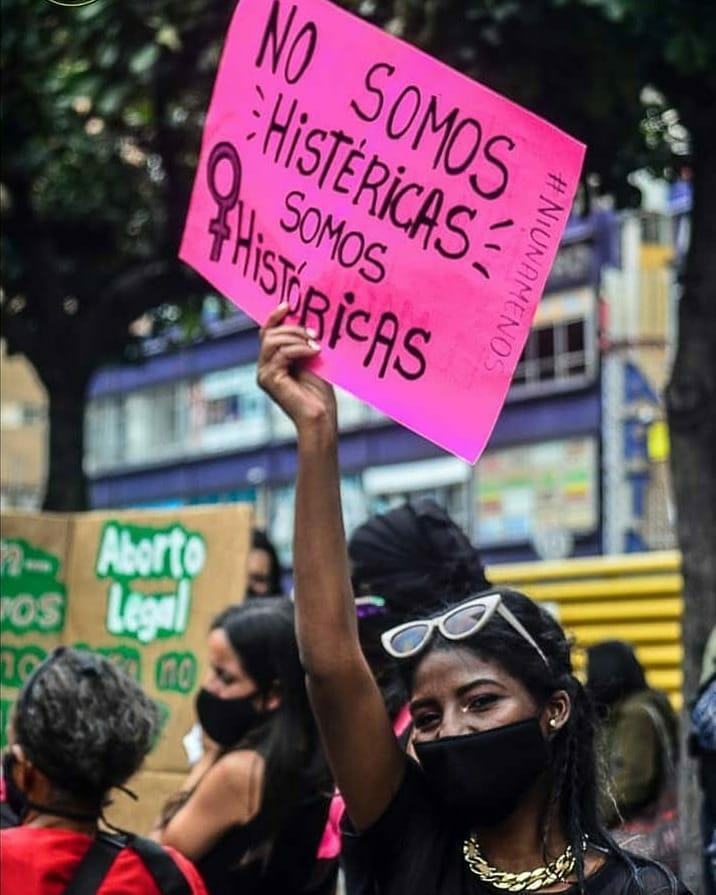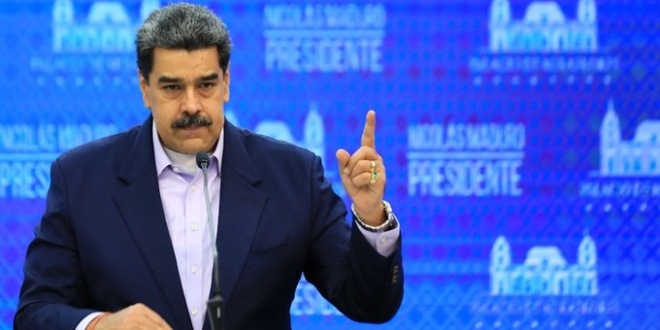The heat is extreme and the sun always shines along the Venezuelan coast. A dwindling number of fishing boats meet to set sail. The catch is scarce, and many boats have been damaged by oil spills without any news of compensation, cleanup or information on the amount of crude oil spilled into the waters that used to burst with life. Without a fishing net or a boat, Miguel now goes fishing every afternoon in what remains of a small port, careful not to fill his feet with oil. He sits there during the afternoon and contemplates the horizon while waiting for any fish to bite the emaciated bait.
An average of 7 oil spills per month were recorded along the coast of Venezuela in 2021[1]. For the most part, there are no official statements or data on the amount of crude oil spilled, or on the reparation measures for such a catastrophe. In addition to the environmental debt, there are a series of impacts on the lives of hundreds of communities whose economy depends on marine life.

Linda decided to leave her small town after her youngest children began their education. Getting to school takes time and effort. Afternoon games would always end up in oil to clean up. People say contact can cause disease and that worries her. Her area is deprived of basic services; water, electricity and work are in short supply. Without work, eeking out a living in the place she has begun to vacate is impossible. People say that the residents have begun to produce homemade fuel with the spilled oil, but that seems dangerous to her.

The economies of many coastal areas in Venezuela rely on fishing and tourism. In beaches near the oil enclaves, the situation has worsened. This is the case of Lechería, a tourist city where a new large-scale spill took place in December 2021. The estimation of the extent and damage remains unknown, and no official response has been issued by the State-owned oil company PDVSA or the national government[2].
Every day, Mateo rides his bicycle along the Cabimas lakeshore to deliver parcels across the city. He says that many birds and fish covered in oil are a common sight when walking near the shore. He avoids going through the area because of the stench that comes from the polluted waters. Plastic bottles and objects covered in oil have turned the landscape into a black-and-white painting that resembles a dystopian scenery where life is difficult to imagine.
Oil leaks are not the only problem. This is a very complex situation resulting from the combination of impunity, the neglect and lack of supervision of oil facilities, and the difficulty of exercising citizen oversight due to the criminalization of protest and denunciation. There are cases of workers imprisoned for denouncing and there is great fear of reprisals for those who make environmental crimes visible.
Since a few months ago, the column of smoke from the flares of the refining complex looks darker and larger. Since her pregnancy, Yolanda began to feel the fear of living close to the Punta Cardón refinery, because an explosion could occur again -like the one at Amuay in 2012- and the health of her baby risks deteriorating.

Since Yolanda’s son, Andrés, was diagnosed with autism -like one in three children in the area, according to studies- her life has become a fight to make visible the situation of mothers in communities of oil enclaves. She would like to make a formal complaint but, among other things, the refinery is in arrears with her husband [3], a worker at the company who is also under threat of being fired.
In the communities affected by oil leaks and pollution from oil spills, women are among the most heavily affected groups, as in almost every enclave of the extractive industry.
The unequal distribution of care and life support tasks (rearing, feeding, housework) means that women are also impacted by the burden of spills. For example, people living in the affected coastal areas often find it difficult to breathe, and the productive activities of their neighbors and communities are affected, with fishermen returning home without any catch.
In this context, women are exposed to situations of environmental, economic and gender-based violence. Economic pressures on communities increase violence against women, which is expressed in physical and psychological domestic violence, among others. This is the case of Mrs. Isabel, whose orchard was covered by crude oil and now witnesses the precarious situation of her children, who risk losing their work as fishermen as a result of the damage to their surrounding ecosystem.
At the same time, the imaginary of prosperity and oil “development” revives with the announcement of the resumption of oil production by major polluters such as Chevron[4], which seems like the perpetuation of the violation of the rights of the affected communities to a healthy environment, air and water quality, and decent life.

Despite this panorama, communities resist and seek to organize their life around the economy of survival. Some have migrated, displaced by the oil that pours into their homes. Others resist by providing services to the community in the day-to-day life economy. Safety in the area is scarce, much like any official information on what is going on. The lack of figures on how much oil is being spilled on the lives of ecosystems and communities is a criminal act.
Note: The situations described have been verified in the field. The names of the people in the affected communities have been changed to protect their identity.
[4] https://www.vozdeamerica.com/a/maduro-firma-acuerdos-chevron-venezuela-petroleo-/6855034.html
Chevron holds a long-standing record of environmental disasters denounced by several organizations, and became the second-largest polluter in the world in 2019 according to The Guardian. See https://www.theguardian.com/environment/2019/oct/09/what-we-know-top-20-global-polluters
Translated by José Rafael Medina




